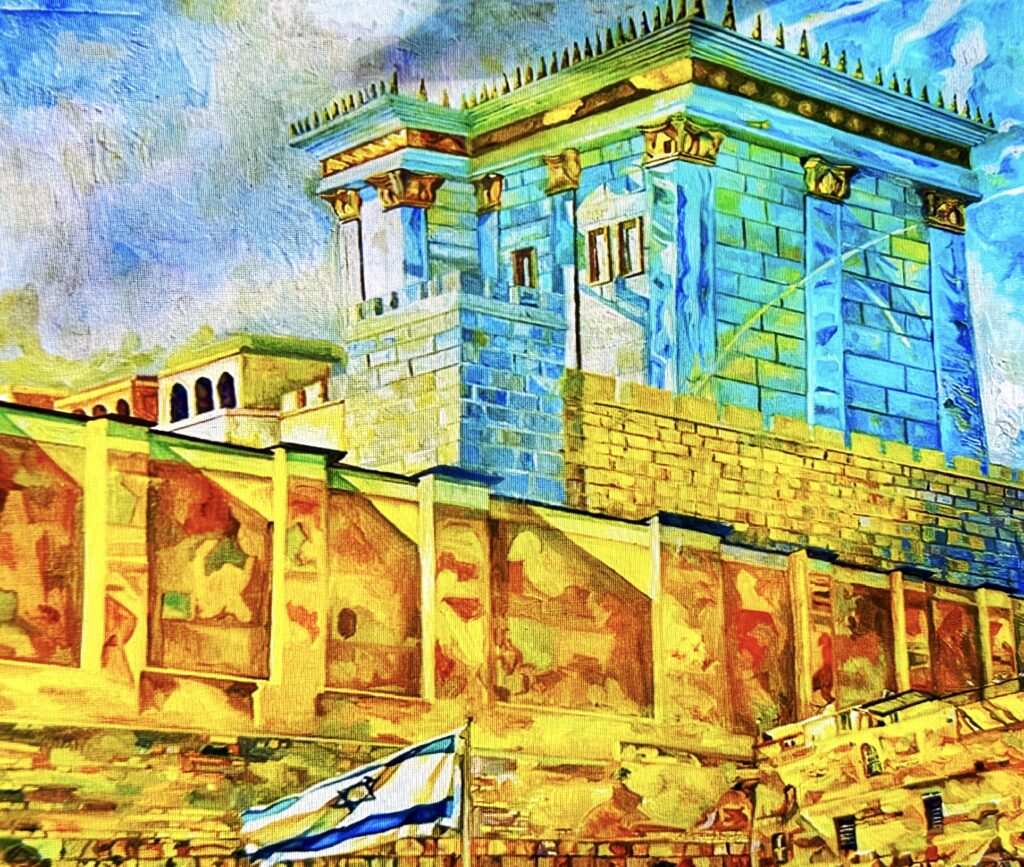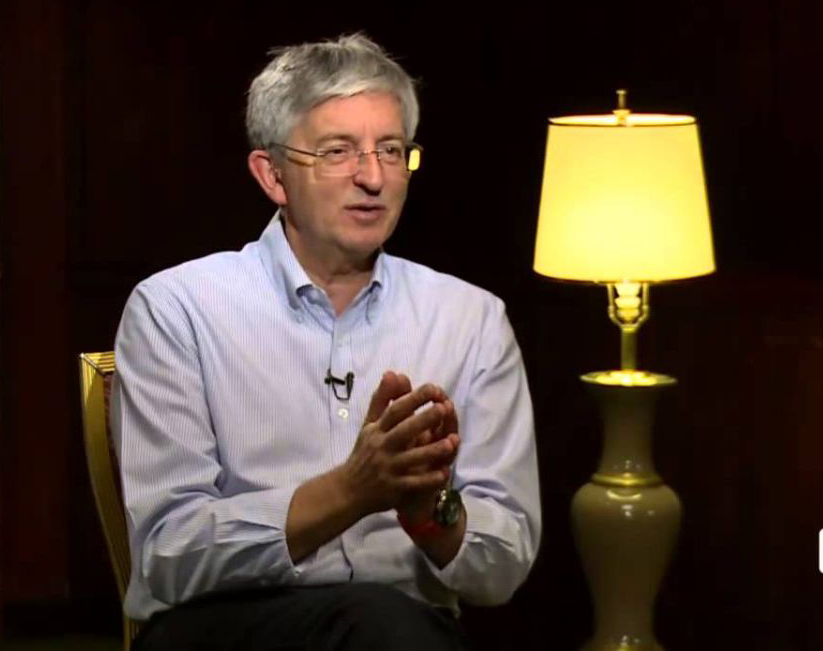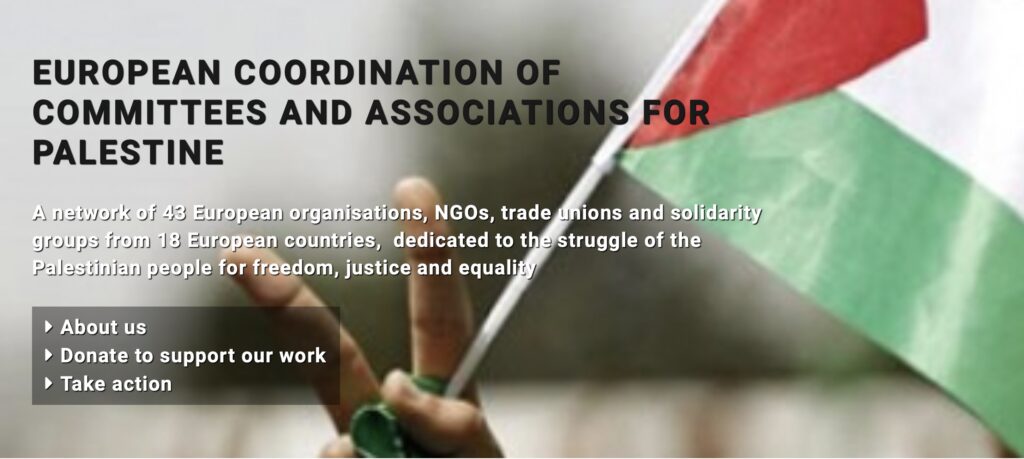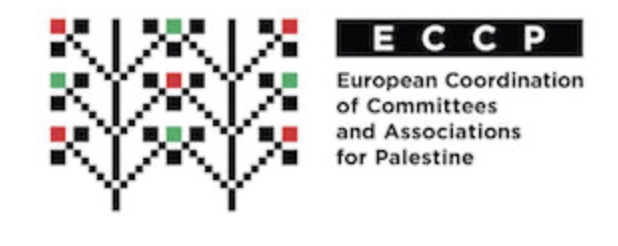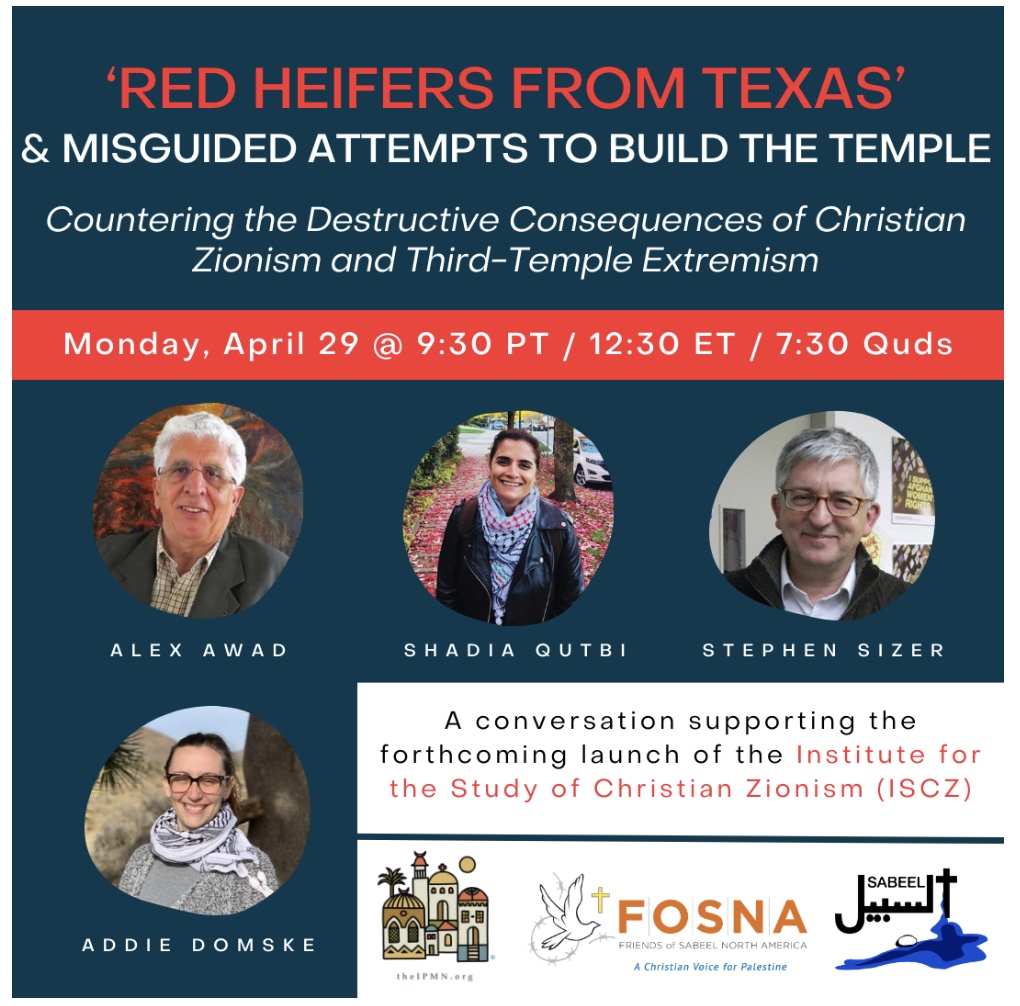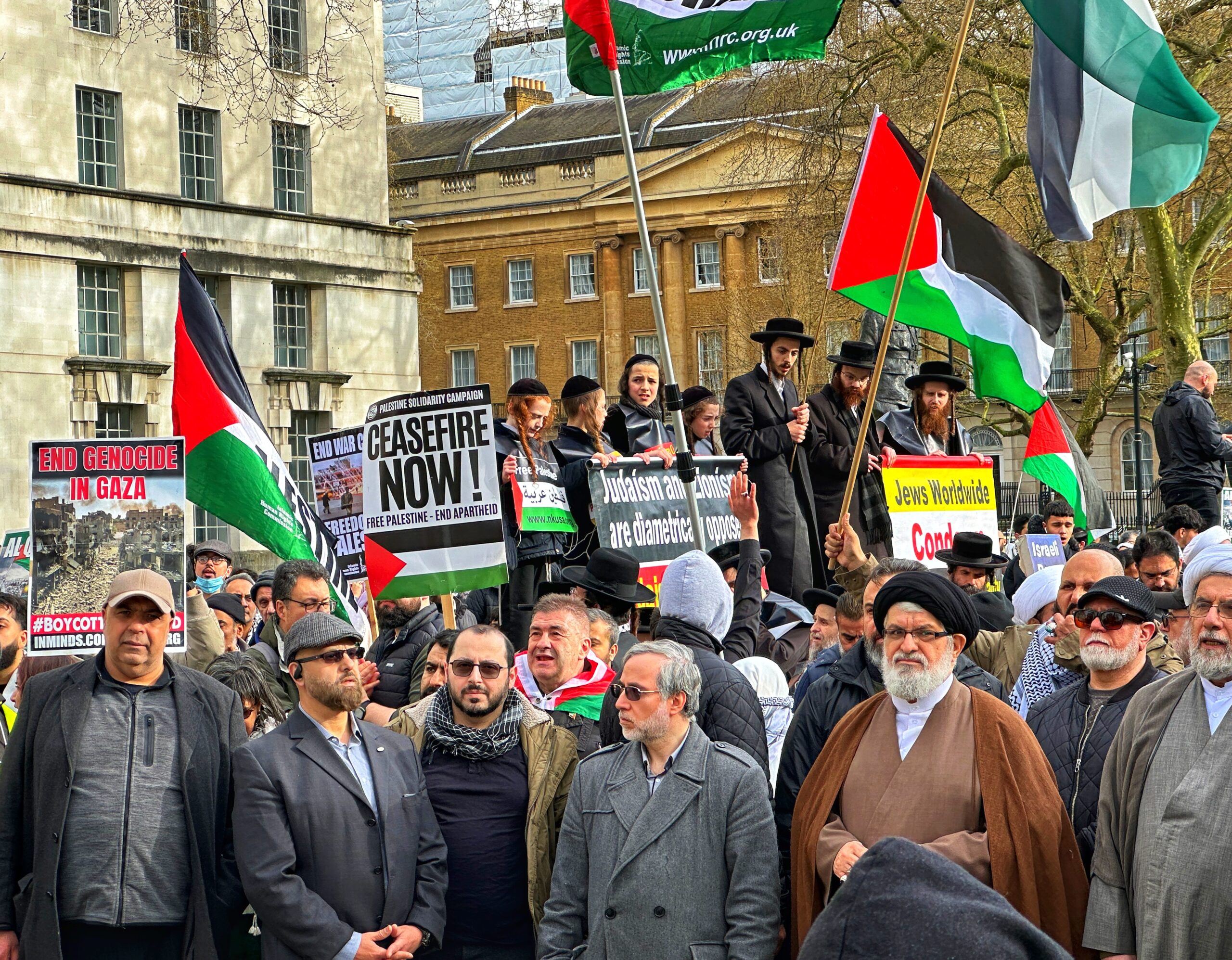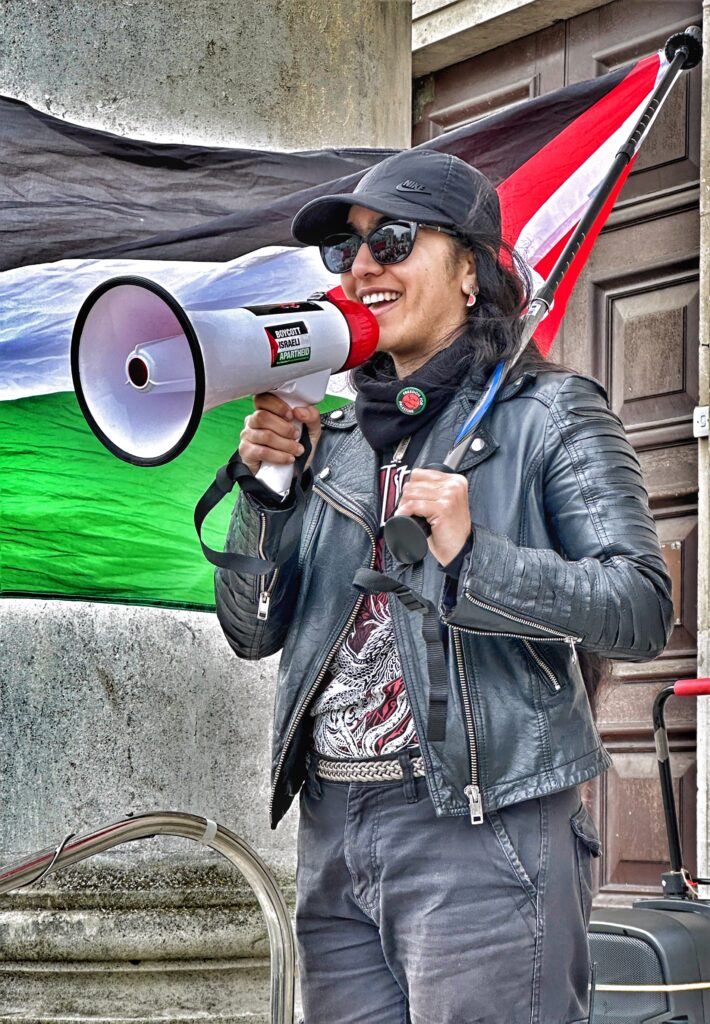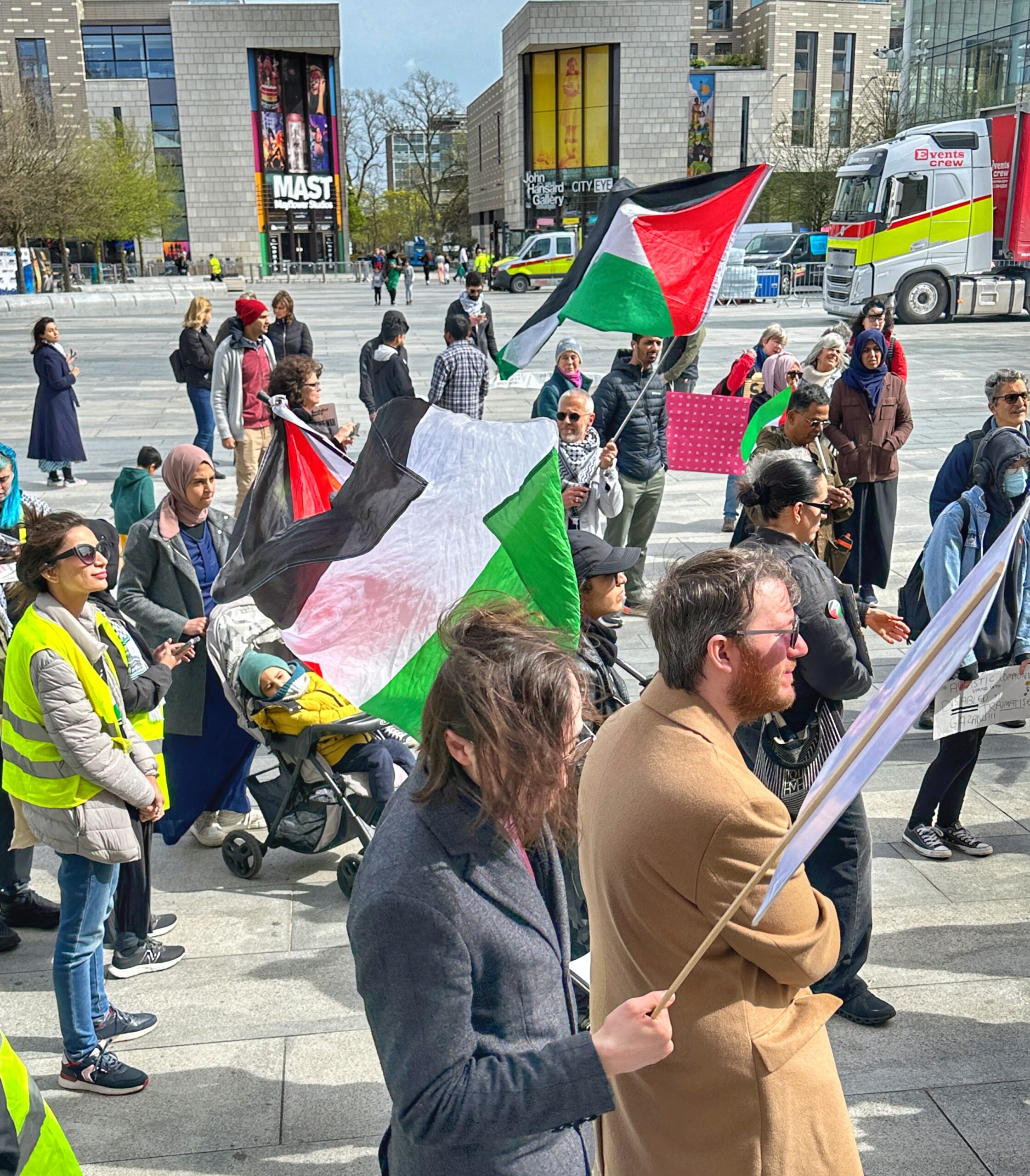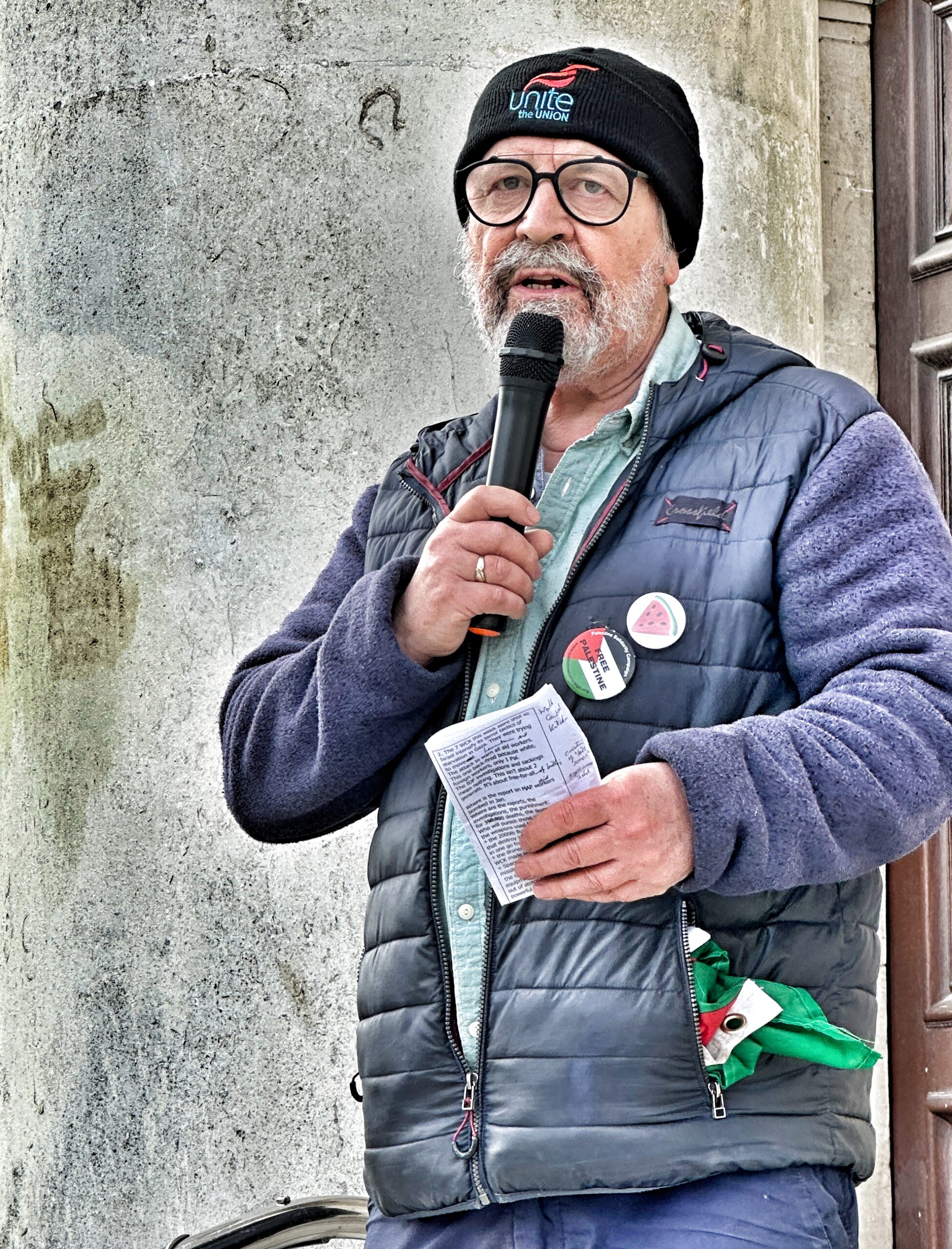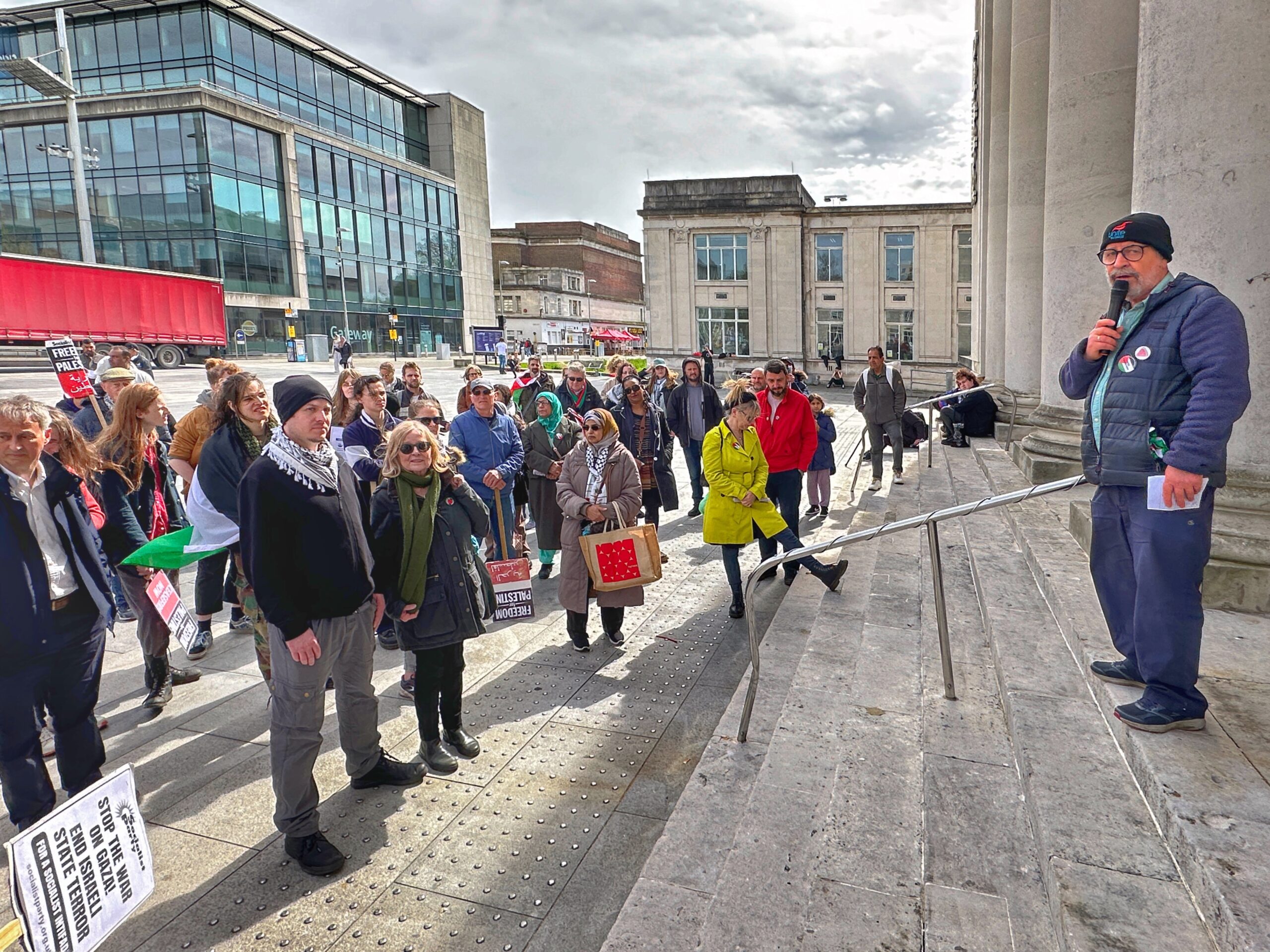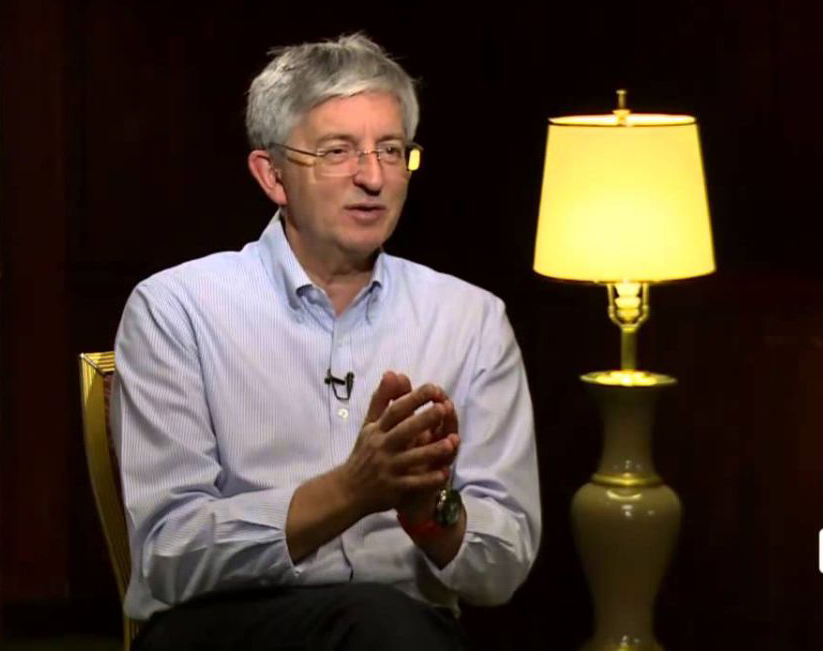The Lambeth Witness Group of Campain, have produced a leaflet to protest the continued complicity of the Church of England with the pro-Israel lobby regarding the Gaza genocide.

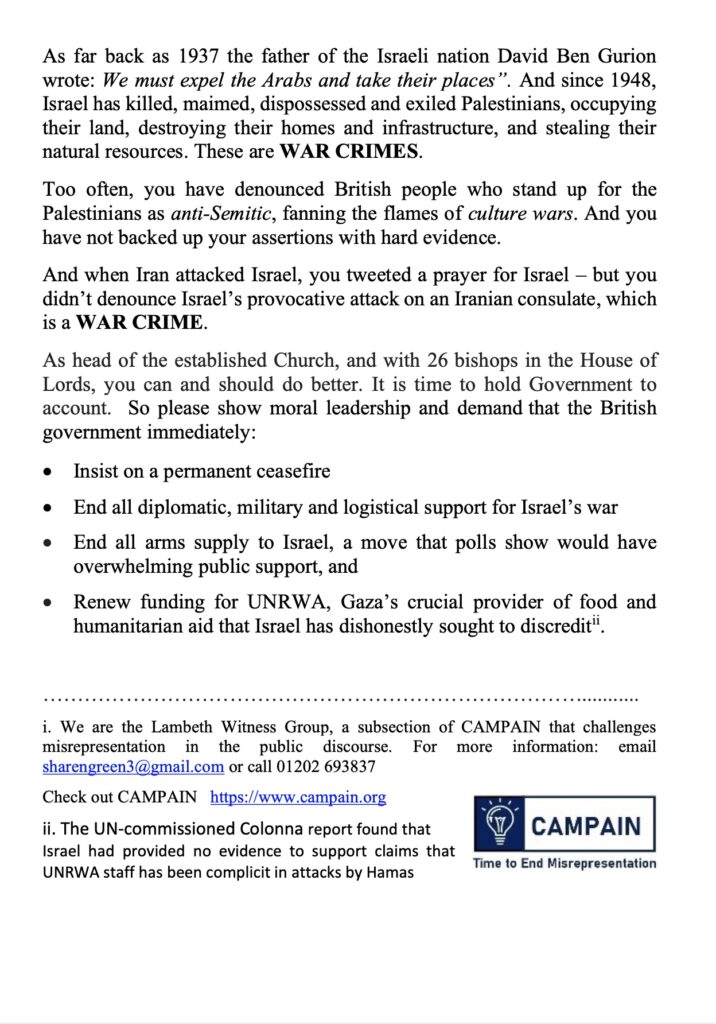
As leader of the Church of England, your job involves standing up for human rights, peace, and justice.
But, when it comes to Israel, you never go to the heart of the matter.
We are glad you have called out the killing and starvation of Palestinians in Gaza, but you never denounce the root cause, which is Israel’s long-term ethnic cleansing programme. Nor do you call out our government’s enduring diplomatic and military support for Israel.
As Israel starves, burns and bombs the civilian population of Gaza and the West Bank, you treat it as if it were acting out self-defence, on a higher moral plane from Hamas.
We see no rationale for this. Some of Hamas’s actions on October 7 were war crimes, and need to be investigated. However, it is Israel’s ethnic cleansing project that drives the whole cycle of violence.
As far back as 1937 the father of the Israeli nation David Ben Gurion wrote: “We must expel the Arabs and take their places”. And since 1948, Israel has killed, maimed, dispossessed and exiled Palestinians, occupying their land, destroying their homes and infrastructure, and stealing their natural resources. These are war crimes.
Too often, you have denounced British people who stand up for the Palestinians as anti-Semitic, fanning the flames of culture wars. And you have not backed up your assertions with hard evidence.
And when Iran attacked Israel, you tweeted a prayer for Israel – but you didn’t denounce Israel’s provocative attack on an Iranian consulate, which is a war crime.
As head of the established Church, and with 26 bishops in the House of Lords, you can and should do better. It is time to hold Government to account. So please show moral leadership and demand that the British government immediately:
• Insist on a permanent ceasefire
• End all diplomatic, military and logistical support for Israel’s war
• End all arms supply to Israel, a move that polls show would have overwhelming public support, and
• Renew funding for UNRWA, Gaza’s crucial provider of food and humanitarian aid that Israel has dishonestly sought to discredit.

